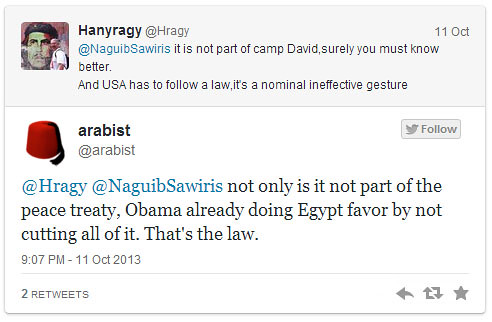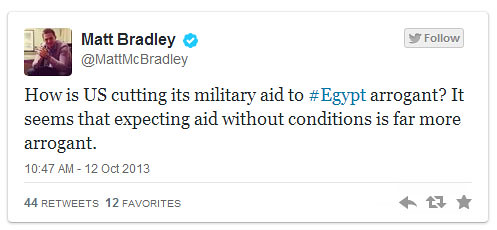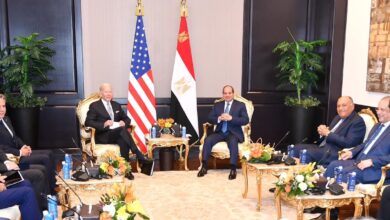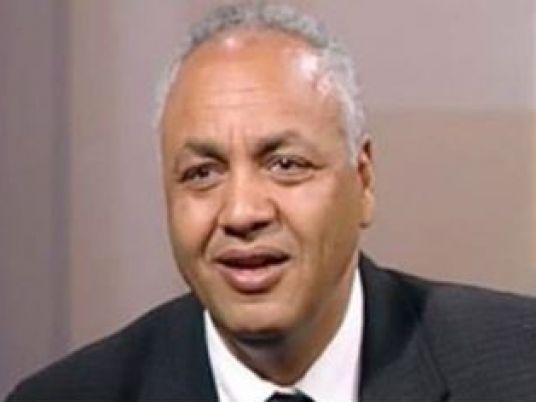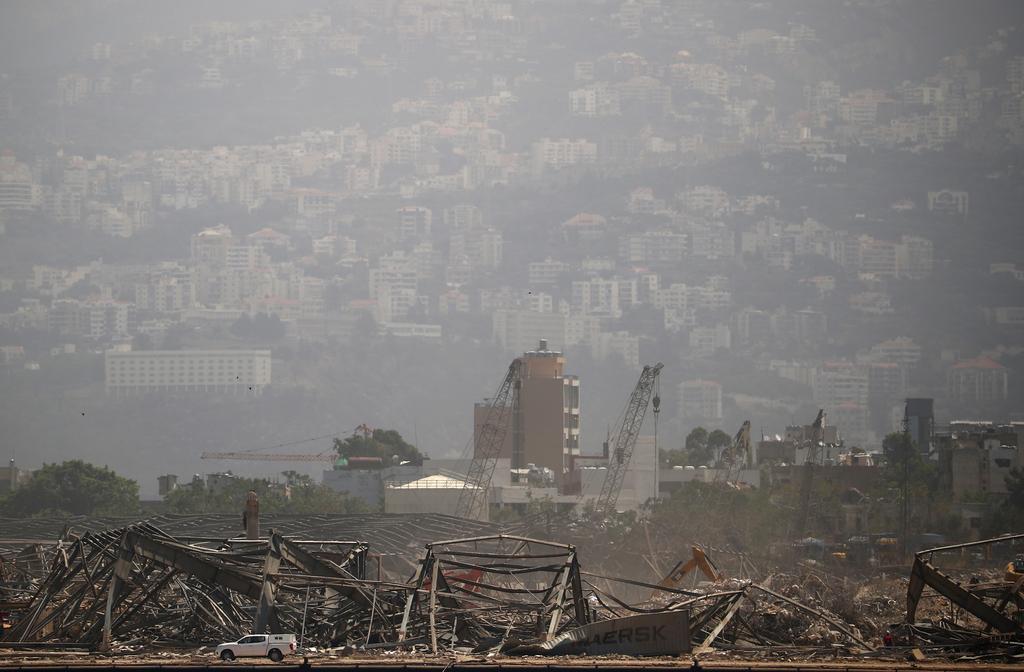News that Washington will suspend a sizeable chunk of military aid to Egypt was met with little more than a shrug from Egypt watchers and analysts who said the decision was unsurprising.
The move to trim part of the $1.3 billion in military aid to Egypt had been in question since the US issued a warning in July when the military ousted Islamist president Mohammed Morsi.
For many, it was all talk not action.
“I don’t see it as any more than a symbolic slap on the wrist,” H. A. Hellyer, an associate fellow at the Royal United Services Institute, told Global Post.
In the short run, as this Associated Press editorial argues, “the suspension of hundreds of millions of dollars in aid will have little effect on Egypt’s military and its ability to defend itself. The cutoff probably will not do much damage to most of the companies with contracts to build such weapons.”
Indeed, a report by Al Jazeera revealed that US military aid has flowed as normal to the Egyptian cities of Damietta and Alexandria since the coup began, despite warnings.
Some also said the slap on the wrist decision avoids the real debate at the heart of the aid. Jonathan Guyer of the Cairo Review explains:
If we agree that American assistance doesn’t do much, then why continue it? The basis of this gargantuan military aid package is the 1979 peace accord between Egypt and Israel; that should be the topic under discussion rather than the idea of “leverage” in the abstract.
If Washington is going to cut aid, it must carry out the policy change with a bang, not a whimper.
On the flip side, for supporters of the military-backed overthrow, the announcement inflamed tempers. Naguib Sawiris, the politician and billionaire who has never been short on opinions, started a Twitter row:
But a healthy dose of realism from a few Egypt commentators doused Sawiris’ outburst:
For all the discussion of symbolism and how much impact the aid cuts will make on Egypt, the US undeniably has a significant amount of fire power in the Middle East. The decision to suspend some aid, in and of itself, is a big deal that will influence other major donors in their attitude toward Egypt.
Aside from Gulf aid (and I’ve been clear about why that’s not a great idea in the long-run here and here) Cairo has pretty much lost the confidence of every major donor. Washington’s announcement is a nail in the coffin for the European Union, the World Bank and the African Development Bank who have been closely monitoring developments.
Of course, the US is just one of many countries and institutions that provide military and financial assistance to Egypt, as the chart compiled by the Center for Global Development shows below. Even though, taken as a whole, European bilateral aid plus EU assistance is double that of the United States, the US is still the single largest contributor and has huge voting power at other international organisations such as the International Monetary Fund, where the country’s quota on the board is the largest. The US can stop Egypt getting the help it needs when it undoubtedly asks for it in a few years, if not earlier.

Whether Egypt likes it or not, even a symbolic decision is damaging to Cairo’s ever-withering reputation in the eyes of the international community.
The only saving grace is that those in Egypt’s government realise how detrimental the US decision is to its chances of securing other aid and make moves to speed up the election process and be rid of the the military’s undemocratic rule.
But somehow, with condemnations of the US coming fast and steady from all parts of the administration, that looks very unlikely.
Instead, as Cairo isolates itself more and more it further drives itself into the power-hungry hands of the Gulf.
This story originally appeared on Rebel Economy
Farah Halime is the editor of Rebel Economy, a blog focused on how Middle East economies are rebuilding after the Arab Spring


